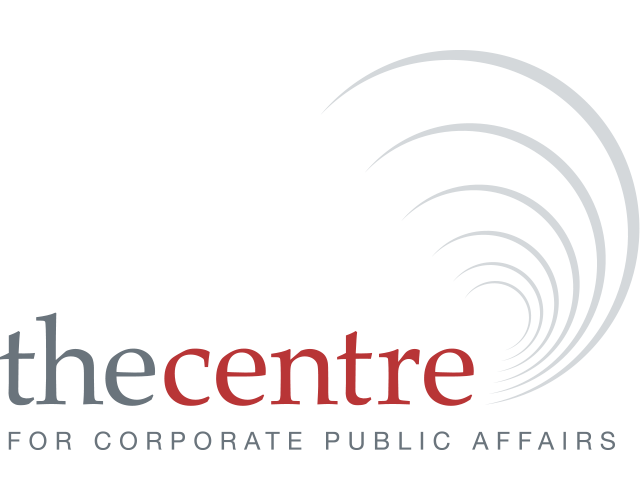The dimmed lights of the CEO
The most recent results of Edelman’s annual global survey reveal that although trust in institutions (government, business, NGOs and the media) has improved in the past year, trust in leaders, including CEOs, improved minimally.
The results show a serious crisis of confidence in leaders of both business and government. There is a universal and significant gap between trust in these two institutions and trust in their leaders. Even informed publics are hesitant to trust CEOs — only 43 per cent do. Results relating to the general population are abysmal — only 18 per cent trusts CEOs, compared to 50 per cent who have trust in business as an institution.
Trust in government leaders is even lower — only 13 per cent of the general population globally trust government leaders to tell the truth. China experiences the biggest gap globally between trust in government as an institution and trust in its government leaders.
Instead of traditional authority figures, such as CEOs and prime ministers, individuals trust regular employees, peers, and people with credentials, including academics and technical experts. Edelman calls this the ‘democratising of authority figures’ and the dawn of ‘horizontal networks of trust’.
There are a few implications in these results that public affairs practitioners can consider, particularly in relation to communication originating from their leaders.
Companies should be careful when assigning CEOs as their spokesperson or originating communication from the CEO’s office. CEOs are not the proper spokesperson in all media, or for all topics and audiences. They are less credible in social media, and in addressing societal issues, the environment and community involvement, employee programs and benefits and crisis situations. They can be more trustworthy in addressing business practices, financial performance and accomplishments of their senior leadership.
To take advantage of the ‘horizontal networks of trust’, companies should consider being part of peer-to-peer dialogues in the community between action consumers, social activists, academics, think tanks, and their own employees. How employees are empowered to communicate and advocate company practices and behaviour can be central to how trustworthy a company is perceived.
